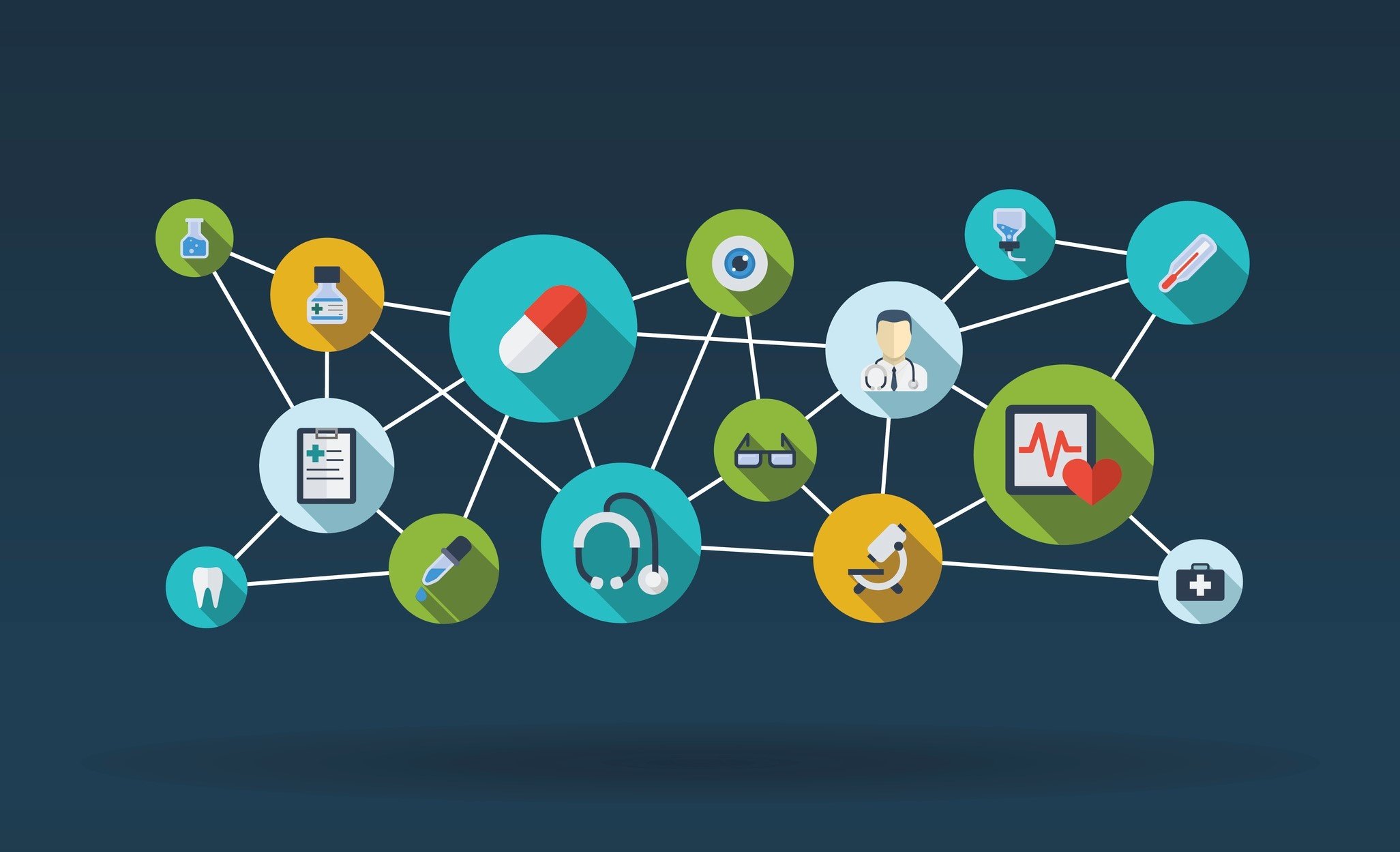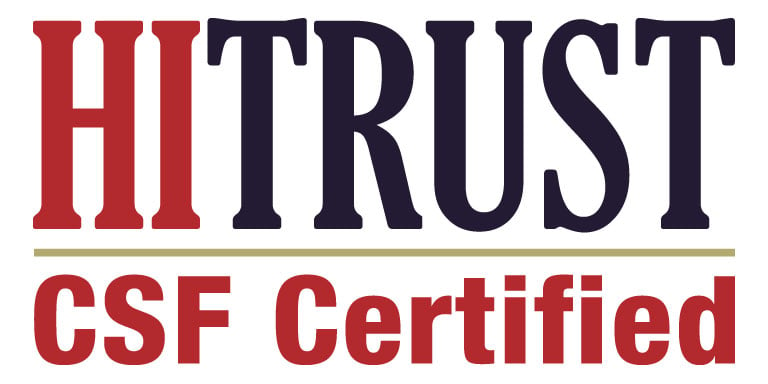
Not so long ago key stakeholders in the healthcare industry tended to operate in their own separate worlds. Biopharma companies, health plans, providers and healthcare consumers certainly interacted, but in most cases they each focused on dealing with their own specific challenges.
The continuing shift to value-based models is changing the conversation. The shift from volume to value has spurred a flurry of activity as each of the stakeholders understand that in order to achieve the ambitious goals of lowering costs while improving patient outcomes, they need to work closer together than ever before and speak the same language.
This new spirit of collaboration can be seen throughout the healthcare ecosystem. The number of value-based contracts between health plans and biopharma companies continues to grow. The acquisition of Aetna by CVS, a marriage of the third largest insurer with a network of over ten thousand pharmacies is telling. Harvard Pilgrim’s entrance into the first cardiovascular outcomes-based refund contract with Amgen is also a sign of the times. More of these value- based arrangements are expected as stakeholders seek to improve operational efficiency, while wringing out unnecessary costs from the healthcare system.
Data-driven precision medicine is key
A key enabler for these efforts is the rapid growth of available patient data. One recent study revealed that the world is creating two and a half million terabytes of data every day – the equivalent of ten million Blu-ray disks. The Ponemon Institute says that nearly a third of that is being generated by the healthcare industry through EHR’s, digital imaging, natural language processing, machine learning and connected medical devices[1]. The volume and velocity of data is unprecedented.
Artificial intelligence is now able to transform this proliferation of data into precise and novel insights. This in turn is fueling the growth of precision medicine – the customization of healthcare with medical decision, treatments, practices, and products being tailored to the individual patient.
Precision medicine is becoming the common language that facilitates effective communication across the healthcare continuum, from patients to providers to biopharma to health plans. This common language is enabling stakeholders to interact and collaborate in ways they never have before.
Here are the ways the various healthcare stakeholders are using data-driven precision medicine.
Enhancing clinical trials
Bringing a new drug to market can take up to a decade and cost nearly $3 billion. By mining the growing healthcare database, biopharma companies can help unlock insights to improve and accelerate the drug discovery, development, and commercialization process. By leveraging “big patient data,” biopharma companies can better identify the correct patients for clinical trials, one of the biggest and most costly challenges in the drug development process.
AI and causal machine learning provide researchers with the capability to dig into these huge data sets in ways that can’t be done with traditional analytics methods. Innovative AI methodologies and technologies enable researchers to understand the underlying causal relationships, or mechanisms of action, of a particular drug and which patients are going to benefit from it. This is a crucial step in the clinical trial process.
Leveraging the language of precision medicine allows biopharma companies to better communicate with other healthcare stakeholders to demonstrate the value and efficacy of their drugs.
Driving value in care management programs
Health plans have a significant role to play in controlling the rising cost of healthcare and meeting the demands of value-based care. One of the best ways to do this is by precisely matching interventions to members to provide personalized care pathways.
Precision medicine provides a major opportunity to better target care management programs to the right members at the right time across geographies and lines of business.
Traditionally, this process has been driven by rules-based population health initiatives, that treated patients as “average.” Innovations in AI and machine learning provide a different approach. Causal machine learning can provide more specificity for health plans in their care management programs for individual members, enhancing their ability to provide the right intervention to the right patient at the right time.
Speaking the language of precision medicine enables health plans to effectively collaborate with pharma, providers and health consumers earlier in the process. This communication allows them to leverage all available data to get to the underlying causes of patient behavior so they can implement optimized interventions sooner for better care outcomes at lower costs.
Solving the patient/treatment matching problem
Providers typically follow standard of care treatment guidelines or evidence-based medicine for the hypothetical “average” patient. But as we all know, there is no such thing as “average.” AI and causal machine learning takes these treatment methodologies to the next level by solving the patient/treatment matching problem.
Leveraging the power of precision medicine helps providers achieve the goal of value-based care – providing the right treatment to the right patient at the right time - saving time, money and improving the patient outcome and experience
From patient to healthcare consumer
The consumerization of healthcare has incented patients to take more control of their care. Consumers who are expected to pay for more of their healthcare are now treating their healthcare as they do other purchases and demanding value for their significant investment.
Patients no longer want to be treated like the “average” patient. They want to be treated based on their own biology and personal health, expecting customized care plans.
At the end of the day, healthcare stakeholders now have the ability to speak the same language - the language of precision medicine. And no doubt the conversation is about to get really interesting.
[1] Comment: Health Networks – delivering the future of healthcare, by Jim Gerrity, Building Better Healthcare, January 24, 2014.

